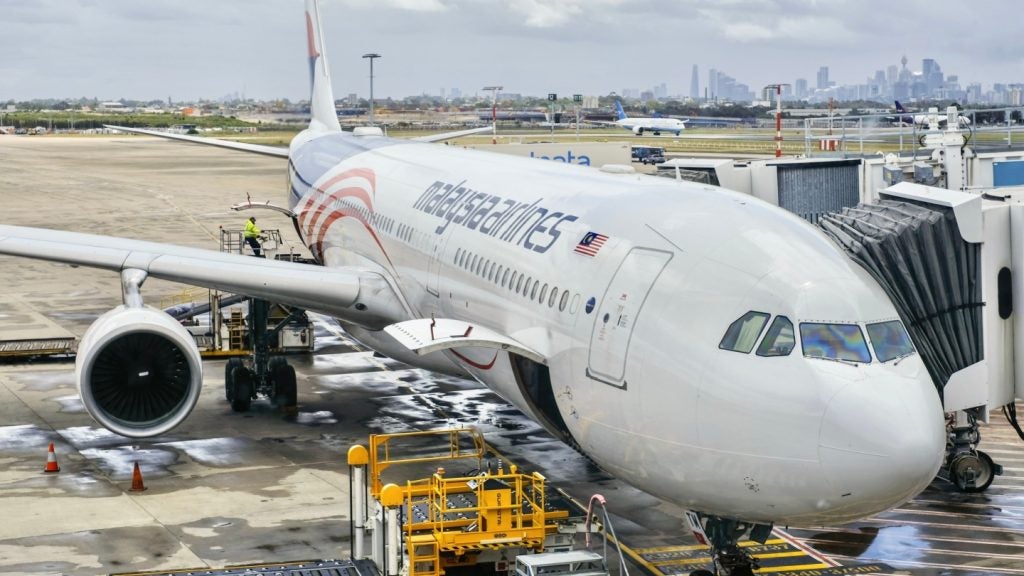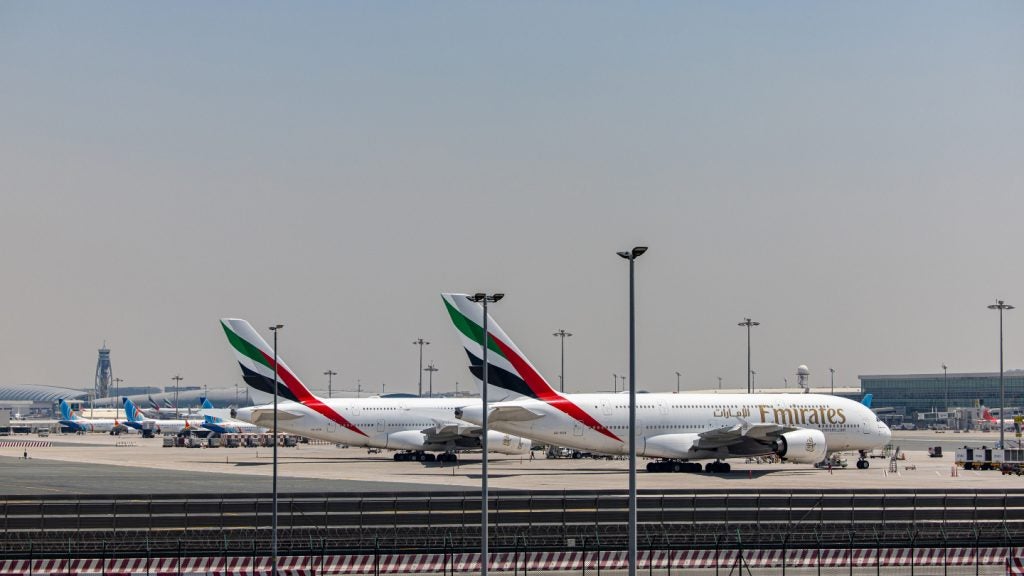Turkish Airlines, the national flag carrier airline of Turkey, and its subsidiaries are set to relocate their base to Istanbul’s new airport.
The moving process will start on 31 October this year, following which Turkish Airlines will fly its first aircraft from Istanbul’s new mega airport to the capital Ankara and Turkish Cyprus, as well as Azerbaijan.
With the relocation to the new airport, the passenger carrier is expected to create approximately 4,600 new jobs, Turkish Airlines chief Bilal Ekşi told Anadolu Agency.
Ekşi said that Turkish Ground Services will hire approximately 1,600 new staff to manage the new increased space and operations volume.
About 3,000 employees will be recruited as part of the carrier’s annual recruitment goals.
Furthermore, Turkish Cargo, the cargo division of Turkish Airlines in collaboration with China-based logistics firm ZTO and Hong Kong’s PAL AIR, plans to set up a new global logistics company in September this year.
How well do you really know your competitors?
Access the most comprehensive Company Profiles on the market, powered by GlobalData. Save hours of research. Gain competitive edge.

Thank you!
Your download email will arrive shortly
Not ready to buy yet? Download a free sample
We are confident about the unique quality of our Company Profiles. However, we want you to make the most beneficial decision for your business, so we offer a free sample that you can download by submitting the below form
By GlobalDataThe new Turkish airport is expected to open formally for traffic on 29 October. Its annual capacity is set to be around 150-250 million passengers.
Upon completion of the first phase, the airport will be able to handle 3,500 takeoffs and landings daily.
The airport will also feature 100,000m² of residential area in addition to a car park that can accommodate 25,000 cars. It will install a 42km-long baggage handling system in addition to 143 indoor bridges for travellers.
In a separate development, Turkish Airlines has taken delivery of the first A321neo in Cabin Flex configuration that was produced at the Airbus Facilities in Hamburg, Germany.
The latest version enables flexible cabin configurations for a maximum of 244 passengers with high-density seat configuration arrangement.





